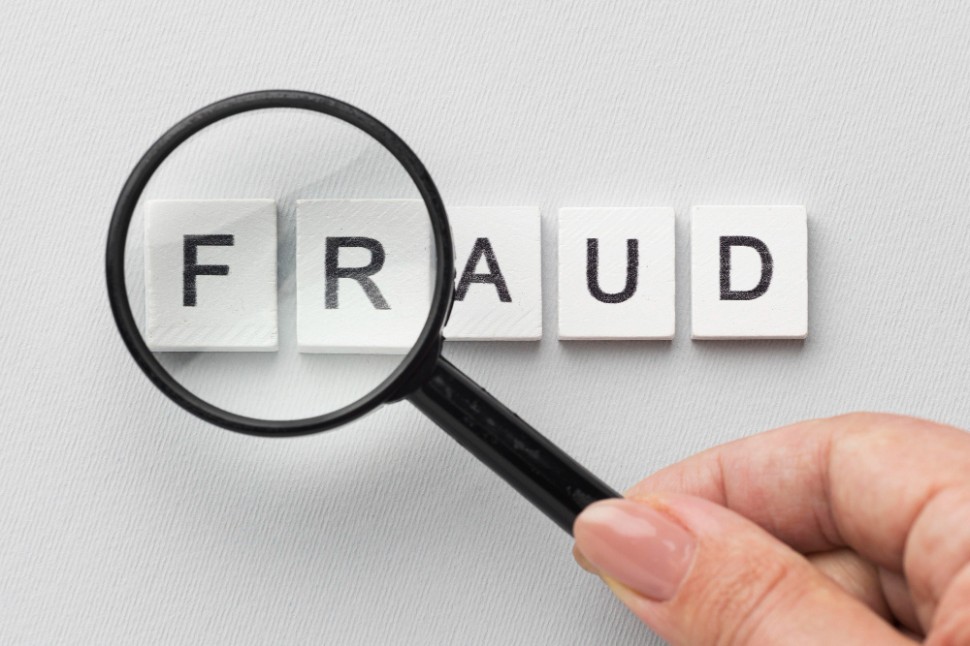
As we sail more profoundly into the digital age, the threat of fraud crimes dances all too close for comfort. The impression of falsehood or deceit spun with an intent to injure presents a tangled web of criminal behavior. This piece unravels layers of the modern-day plague of fraud crimes, its diverse variations, and the legal ropes to counter this issue.
What's the Deal with Fraud?
A mighty umbrella term, "fraud," covers a broad spectrum of deceitful actions. From stealing someone's Social Security details to planting malicious hyperlinks in innocent-looking emails, fraudsters have myriad tricks up their sleeve. Here's a glance at some critical variants of fraudulent conduct:
- Insurance Fraud: Picture this - insurance agents siphoning off your premiums for a cozy vacation. Or an intricate web of health insurance scams. Either way, insurance fraud results in inflated premiums for upright policyholders.
- Credit Card Fraud: Simplistically, this is identity theft in the financial world. Unauthorized access to credit or debit card information for unhindered shopping or other monetary misbehaviors is classified as credit card fraud.
- Mail and Wire Fraud: While mail fraud paints a fraudulent scenario within the United States Postal Service domains, wire fraud takes the electronic route. The latter thus makes deceptive emails a commonplace issue.
- Securities and Check Fraud: Deceiving with a company's stock value, hoping to fish in unsuspecting financial decision-makers, reveals securities fraud. On the other hand, check fraud involves creative criminals coming up with counterfeit checks to deceive.
- Mortgage and Welfare Fraud: While mortgage fraud sees false information splattered over mortgage documents, welfare fraud highlights individuals faking their eligibility for government benefits.
How Has COVID-19 Stirred the Fraud Pot?
Here's the twist in the plot - the Covid-19 pandemic. It's spawned a range of fraud activities. Unemployment aid being misused and fear-driving scams connected to the pandemic portray a grim picture of fraudulent vulnerabilities.
Legal Consequences and Avenues for Fraud
Given the varied nature of scams, addressing fraud can be an odyssey through the corridors of both civil and criminal courts. Depending upon the circumstances, a victim may file a lawsuit initiated by the civil or criminal court prosecutor.
Navigating Civil Fraud Lawsuits
In civil courts, the need to prove guilty 'beyond a reasonable doubt' lessens. Here, the focus narrows down to 'preponderance of the evidence.' And victims can potentially recover losses through restitution if they provide compelling proof of their claim.
Understanding Criminal Fraud Penalties
In contrast, the criminal court places a heavy burden of proof on its scales. The onus is establishing intentional deception, intended deprivation, and actual losses from such fraudulent activity.
Solace for victims caught in such nefarious activity, however, lies in the fact that penalties hinge on several factors: the nature of fraud, the number of victims, and the financial fallout. As state and federal laws dictate, penalties may entail substantial fines, restitution orders, and potentially even imprisonment.
Are Legal Experts the Answer?
If you find yourself caught in accusations of fraud or bulldozed by one, contacting an experienced criminal defense attorney or a consumer protection lawyer should be at the top of your to-do list. The labyrinth of fraud laws necessitates professional guidance, strategic advice, and a powerful advocate to safeguard your rights.
Engaging with legal help early in the process can be pivotal in unraveling your case. So, don't wait. Reach out to a defense or fraud lawyer today to shield against the shadow of fraud. Whether you've been accused or fallen victim to a scam, your first port of call is legal help.




